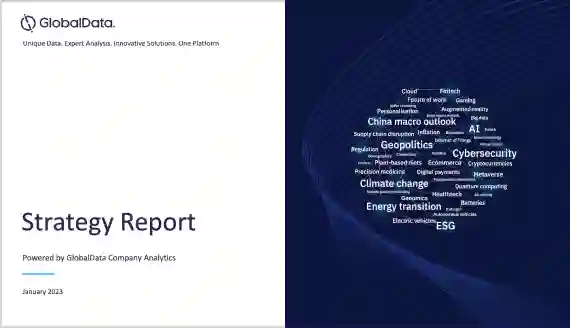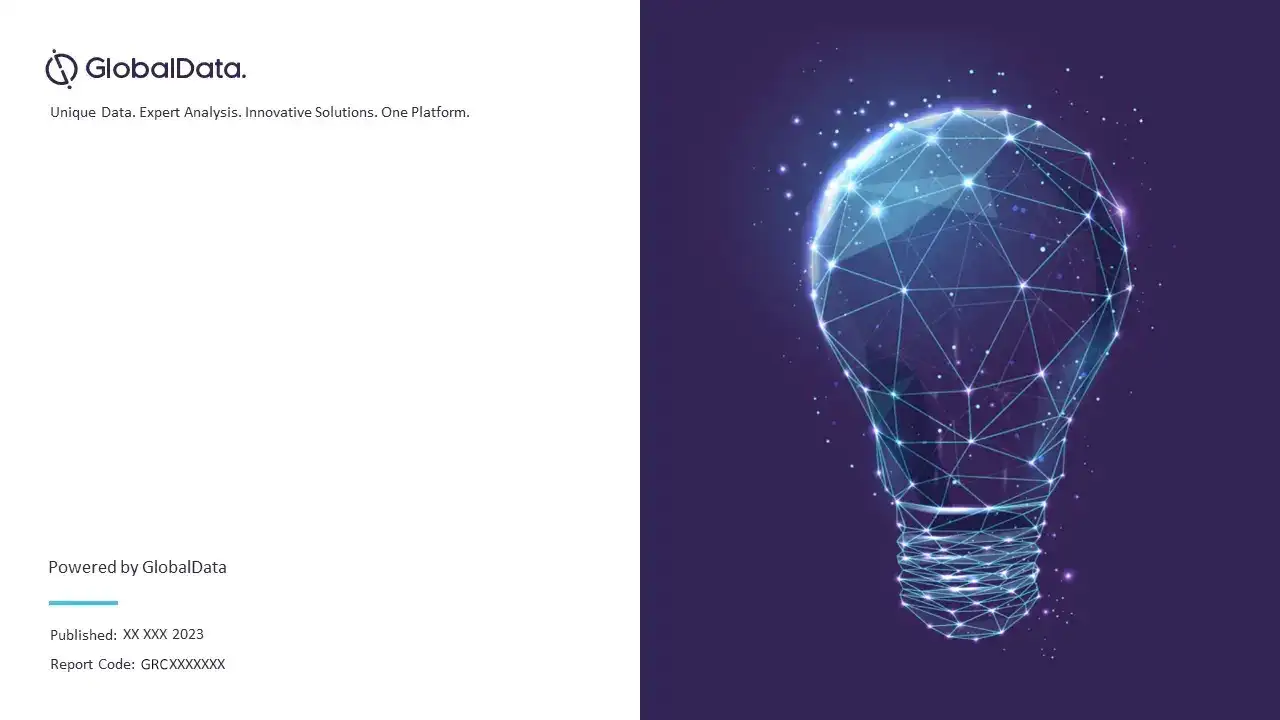Digital Health in Immunology – Thematic Research
Powered by ![]()
All the vital news, analysis, and commentary curated by our industry experts.
Digital technologies are constantly evolving and finding new applications in healthcare. These tools can be used to track health, deliver therapeutic interventions, and contribute to research. They include digital therapeutics (DTx), mobile health, (mHealth), wearable technology, digital biomarkers, telemedicine, virtual reality (VR), and augmented reality (AR). Using search terms relevant to rheumatology, dermatology, and gastroenterology, approximately 2,000 mobile apps were identified from third-party data provider Airnow Data. More than 300 of the apps are for dermatology, followed by gastroenterology and rheumatology.
In terms of functionality, the vast majority of patient apps support disease management such as symptom tracking, medication and appointment reminders, and lifestyle tips. Several apps have the ability to connect to wearable devices such as Fitbits, including Self Care Catalysts’ Psoriasis Health Storylines and Rheumatoid Arthritis Storylines apps. There are also many apps that support patients with CD, UC, and other gastroenterological conditions to locate public toilet facilities. There is also a high number of apps that facilitate telemedicine appointments with HCPs.
What are the main trends shaping the immunology digital health space?
The main trends shaping the immunology digital health space over the next 12 to 24 months are shown below.
Healthcare Trends: COVID-19 has led to an acceleration of digital health innovation. HCPs have been quick to implement alternative solutions to in-person care to ensure patients can access diagnostic and therapeutic services. This has led to significant increases in the use of remote patient monitoring (RPM), telemedicine platforms, and virtual clinical trials. Trends in digital health adoption are likely to continue after the pandemic has abated. Remote delivery of care and virtual platforms are expected to alleviate pressures on health systems and provide novel and convenient avenues of care delivery, particularly for those living in rural areas.
Technology Trends: Wearable technology is a blanket term for electronic devices that can be worn on the body, either as an accessory (like a watch or a pair of glasses) or as part of the material used in clothing (such as sportswear that measures biometrics). Wearable tech in healthcare gives patients the power to track their health at home through things like smartwatches, biometric clothing, e-skin, and biosensors. Currently, the largest market in this space is activity monitors, which is being driven by the sports and fitness segment. However, these devices have expanded significantly within the healthcare market, gaining regulatory approval as medical-grade devices. The first market for many wearable manufacturers was to target cardiovascular disease (CVD) with the in-built heart rate monitoring functions in many fitness watches.
Macroeconomic Trends: Attracting skilled workers in digital technology to deploy IoT solutions in healthcare is a major issue for the health ecosystem and is expected to constrain market growth. The industry requires skills in digital, advanced data analytics, and ML, as well as a flexible and educated workforce. This issue is being felt across all data analytic fields as data becomes a unanimous driver across all industries. Regulatory changes across the IoT ecosystem have created a growing demand, especially within R&D and pharma, to ensure new medical devices gain commercial market access. At present, many healthcare providers and clinicians are not fully ready to utilize the data generated by connected medical devices. Moving forward, recruiting top digital talent is a priority across IoT and connected devices, and will be an essential tool in the validation and utilization of digital health technologies in the neurology space.
Regulatory Trends: The establishment of robust governance frameworks to support digital transformation and compliance with regulations are key for digital health technology companies and healthcare organizations. As Big Data grows, data security and privacy cannot be overlooked, and compliance with national regulations is imperative. Additionally, internal organization governance frameworks are required to ensure that data-driven technologies are safe, ethical, and effective, as well as ensuring that consent, education, and data ownership are considered.
What are the companies mentioned in the report?
The key companies mentioned in this report are Ampersand Health, Midaia, Elsa Science, Mymee, Bold Health, metaMe Health, Abaton, HiDoc Technologies, SkyGazer Labs, and HiDoc Technologies.
Market report scope
| Companies mentioned | Ampersand Health, Midaia, Elsa Science, Mymee, Bold Health, metaMe Health, Abaton, HiDoc Technologies, SkyGazer Labs, and HiDoc Technologies. |
The report includes:
- A review of different trends impacting the digital health landscape in immunology, including healthcare, technology, regulatory, and macroeconomic.
- A value chain looking at each technology with examples of leading players and challengers.
- Industry analysis with an in-depth mobile app evaluation for non-pharma and pharma companies, deals analysis, and social media influencers.
- Case studies looking across different technologies, such as Ampersand Health’s digital therapeutics in IBD and rheumatology, Progentec’s care management platform for lupus patients and clinicians, Takeda’s unbranded mobile apps in IBD, and Nesos’ wearable earbud for rheumatoid arthritis.
- Physician survey data on remote monitoring technologies, including rheumatologists and dermatologists.
Reasons to Buy
- Get an overview of what digital technologies are being used to treat and monitor patients and drive research in the immunology space.
- See which technologies are most suitable to different immunological conditions.
- Understand which healthtech companies are active in the space, with examples of leaders and challengers by technology, and what opportunities exist for partnerships to drive innovation and provide additional value to patient offerings.
- Understand the competitive landscape with a review of pharma activity, including strategic partnerships and funding deals.
- Understand industry perspectives on the value of digital health tools in immunology.
Midaia
Elsa Science
Mymee
Bold Health
metaMe Health
Abaton
HiDoc Technologies
SkyGazer Labs
HiDoc Technologies
Welby
Point of Care
Wefight
RPM Healthcare
Progentec Diagnostics
Teladoc
Amwell
Dermanostic
DermaDetect
iDoc24
Remedico
Gastro Girl
Fibon
Omhu Care
Askin
Apple
Withings
Activinsights
Philips
GI Logic
Nēsos
Wearifi
Epicore Biosystems
Medidata
Vivante Health
Nori Health
Progentec Diagnostics
AbbVie
Takeda
UCB
Johnson & Johnson
Novartis
Pfizer
Amgen
Sanofi
Almirall
GlaxoSmithKline
Table of Contents
Frequently asked questions
-
What are the key companies mentioned in the report?
The key companies mentioned in the report are Ampersand Health, Midaia, Elsa Science, Mymee, Bold Health, metaMe Health, Abaton, HiDoc Technologies, SkyGazer Labs, and HiDoc Technologies.
-
What are the main trends shaping the immunology digital health space?
The main trends in immunology digital health space are, healthcare trends, technology trends, macroeconomic trends, and regulatory trends.
Get in touch to find out about multi-purchase discounts
reportstore@globaldata.com
Tel +44 20 7947 2745
Every customer’s requirement is unique. With over 220,000 construction projects tracked, we can create a tailored dataset for you based on the types of projects you are looking for. Please get in touch with your specific requirements and we can send you a quote.
Related reports
View more Pharmaceuticals reports








